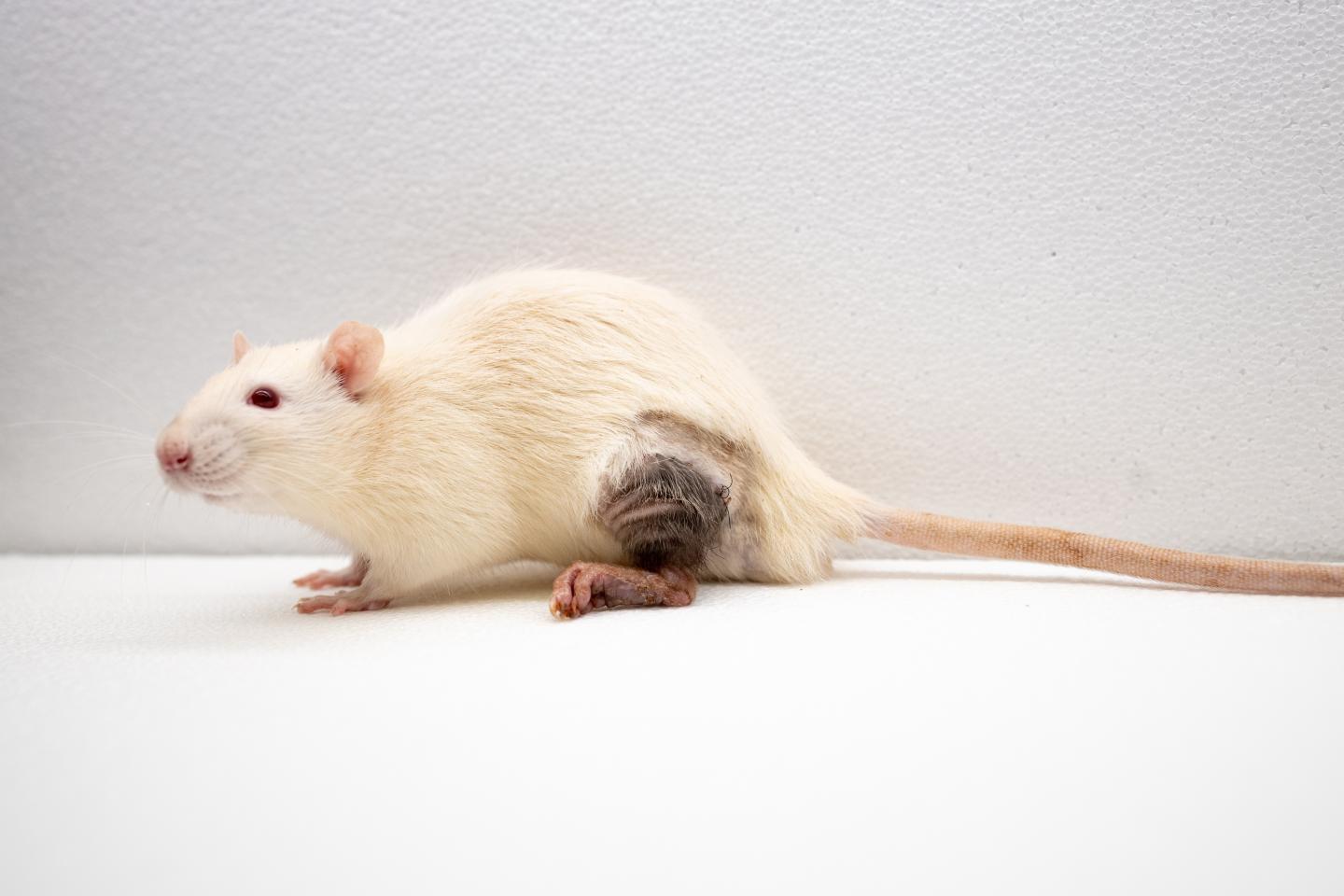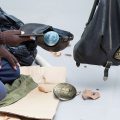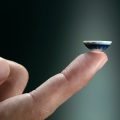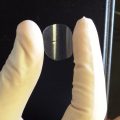
Researchers have developed tiny particles that release a protein in the body that causes the immune system to take donor tissue for its own.
Patients currently undergoingtransplantation, are forced to take immunosuppressants daily to avoid rejection. This increases the likelihood of cancer, diabetes, and also makes them more vulnerable to infectious diseases and other problems associated with a weakened immune system.
To solve this problem, a team of scientists from the PittsburghUniversity has developed microparticles thatafter insertion into the graft, CCL22 protein is released that attracts regulatory T cells, effectively labeling foreign tissue as native. This helps prevent the body's immune attack on the transplanted organ.
Instead of isolating and growing cellsin the laboratory, and then introduce them back, hoping for success, the researchers created a special system for their delivery directly to the transplant. According to the team, they borrowed this method from cancer cells, which similarly deceive the host's immunity.
In tests, in rats after treatmentmicroparticles resulted in permanent immune susceptibility to transplants – including an entire limb, without the rest of their immune system being affected.
In parallel, the researchers also demonstrated that these microparticles can be used to train the immune system of one rat species to adopt the limbs of another particular species.
Let us recall that surgeons recently reported the successful completion of the world's first transplantation of laboratory-grown muscle fibers.
</p>




